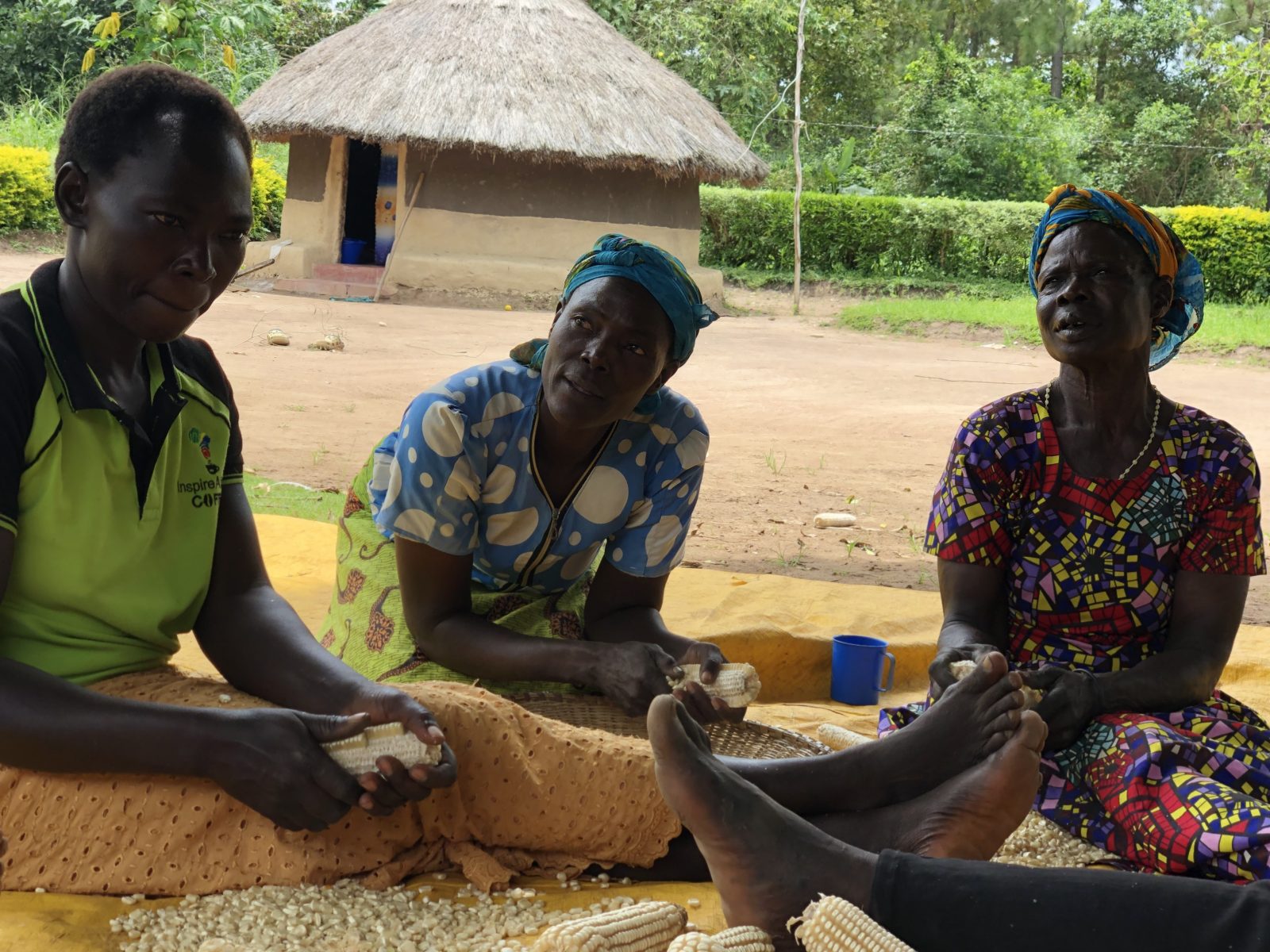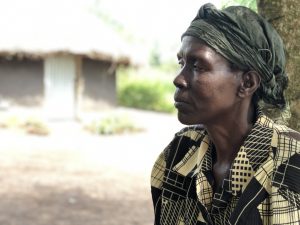A Guide to Uganda’s Succession (Amendment)Act 2022: What You Need to Know.

By Dara Precious
On April 10, 2022, the Ugandan president approved the Succession (Amendment) Act, a significant legal change aimed at streamlining and enhancing inheritance laws. This updated law has implications for property distribution upon an individual’s death, affecting families throughout the country. It is essential for anyone dealing with inheritance matters in Uganda to grasp its fundamental principles.

Key Provisions of the success (Amendment )Act 2022
- Equal rights to inheritance: The updated Act 2022 recognises the equal rights of inheritance of both female and male heirs. The Act aims to promote gender equality and eliminate discriminatory practices in inheritance matters. It marks the departure of traditional norms where male heirs were often favored.
- Rules for inheritance without will: The act provides clear guidelines for the distribution of property cases where an individual passes away without leaving a valid will. These rules outline ways in which the estate should be divided among surviving family members including factors such as marital status, children, and other dependents.
- Protection of Minor and Dependent Heirs: The Act includes guides aimed at safeguarding the interest of minor and dependent heirs. It also establishes rules for the legal guardian to manage the inheritance of minors until they attain the age of 18. It ensures that vulnerable heirs are protected, and their rights upheld during the succession process.
- Acknowledgment of Traditional Practices: The Act overviews the importance of local customs specified in inheritance situations. If it does not go against the principle of fairness, equality, human rights in the constitution.
- Helping those with Disabilities or Mental illness: The Act ensures that people with disabilities or mental illness have the right to make a will and decide who gets their property like anyone else.
- Setting arguments: If there are disagreements about inheritance, the Act sets up ways to solve them. The aim is to peacefully solve issues and keep families from fighting too much.
 This legal reform significantly impacts inheritance and will provisions. Firstly, the distinction between legitimate and illegitimate children is abolished, ensuring equal rights for all children. Parents are now required to appoint guardians for minor children, with the court having the authority to remove guardians who fail in their duties. The designated guardian’s responsibilities include custody of the minor, property management, and protection against loss or damage. Notably, 20% of a deceased person’s estate is held in trust for the education, maintenance, and welfare of minor children. This provision extends to children aged 18 to 21 who were studying or had disabilities at the time of the deceased’s passing. Additionally, married women now have the right to dispose of property during their lifetime or through a will. When making a will, individuals must provide for their spouses, lineal descendants, and dependent relatives. Furthermore, witnesses to a will must inscribe their names and addresses on each page in the presence of the testator.
This legal reform significantly impacts inheritance and will provisions. Firstly, the distinction between legitimate and illegitimate children is abolished, ensuring equal rights for all children. Parents are now required to appoint guardians for minor children, with the court having the authority to remove guardians who fail in their duties. The designated guardian’s responsibilities include custody of the minor, property management, and protection against loss or damage. Notably, 20% of a deceased person’s estate is held in trust for the education, maintenance, and welfare of minor children. This provision extends to children aged 18 to 21 who were studying or had disabilities at the time of the deceased’s passing. Additionally, married women now have the right to dispose of property during their lifetime or through a will. When making a will, individuals must provide for their spouses, lineal descendants, and dependent relatives. Furthermore, witnesses to a will must inscribe their names and addresses on each page in the presence of the testator.

In incidences where an individual dies intestate (without a will), the distribution of their property follows specific guidelines. Firstly, residential properties are excluded from distribution. If the deceased is survived by a spouse, lineal descendants, a dependent relative, and a customary heir, the distribution is as follows: the spouse receives 20%, the dependent relative receives 4%, the lineal descendants receive 75%, and the customary heir receives 1%. If there is no surviving spouse or dependent relative, the entire proportion goes to the lineal descendants. Alternatively, if there is a spouse, dependent relative, and customary heir, but no lineal descendant, the spouse receives 50%, the dependent relative receives 49%, and the customary heir receives 1%.
If the deceased is survived by a spouse or a dependent relative but has no lineal descendants, the spouse or dependent relative receives the entire estate. When there are no surviving heirs capable of inheriting, the estate is divided equally among the closest relatives. If no eligible heirs exist, the property is managed by the Administrator General. Notably, a spouse who remarries before the estate distribution is entitled to their share as per the law. However, if the surviving spouse was separated from the deceased at the time of death, they would not have an interest in the estate. An exception applies if the surviving spouse was absent due to an approved educational course or if the deceased was the one who initiated the separation within the same household.
In conclusion,Succession (Amendment )Act 2022 represents a big milestone in Uganda’s law. The Act new changes have made inheritance laws fair for everyone involved, giving men and women the same rights to inherit property. It helps protect vulnerable people and ensures an open and fair distribution of assets.






